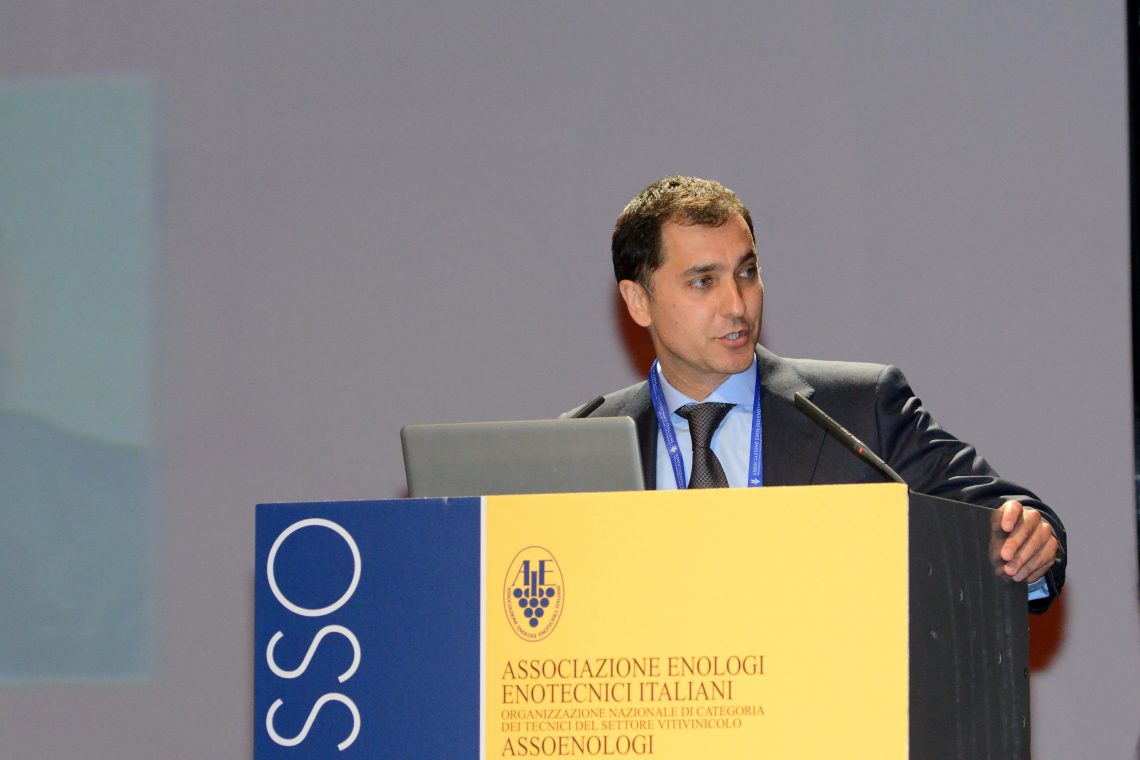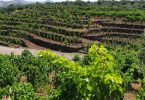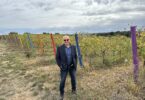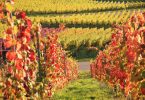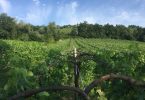The Wolf Post, supported by a Cultural Association, offers a professional service with free access, without subscription.
For this reason, a donation would also be a sign of appreciation for our work.
Paolo Peira is one of the most popular oenologists on the Italian scene with a high level CV. Biologist, graduated from the Faculty of Oenology of Bordeaux, Peira teaches in the courses for Sommeliers FISAR, ONAV, Slow Food teacher for the “Master of wine”, teacher of the “Course on Italian wines”, at the Faculty of Oenology of Bordeaux and for the master of Enology at the Catholic University of Milan. Peira also teaches at the Faculty of Gastronomic Sciences of Pollenzo (CN), a course in Oenology. Nominated as best young winemaker for the Luigi Veronelli award in 2007. The passion for wine he pours into teaching, as well as advising about twenty companies throughout Italy and abroad. The producers follow his technical advice at all stages of production from the planting of the vineyard to bottling.
Founder of Antesi s.r.l. based in Rome.
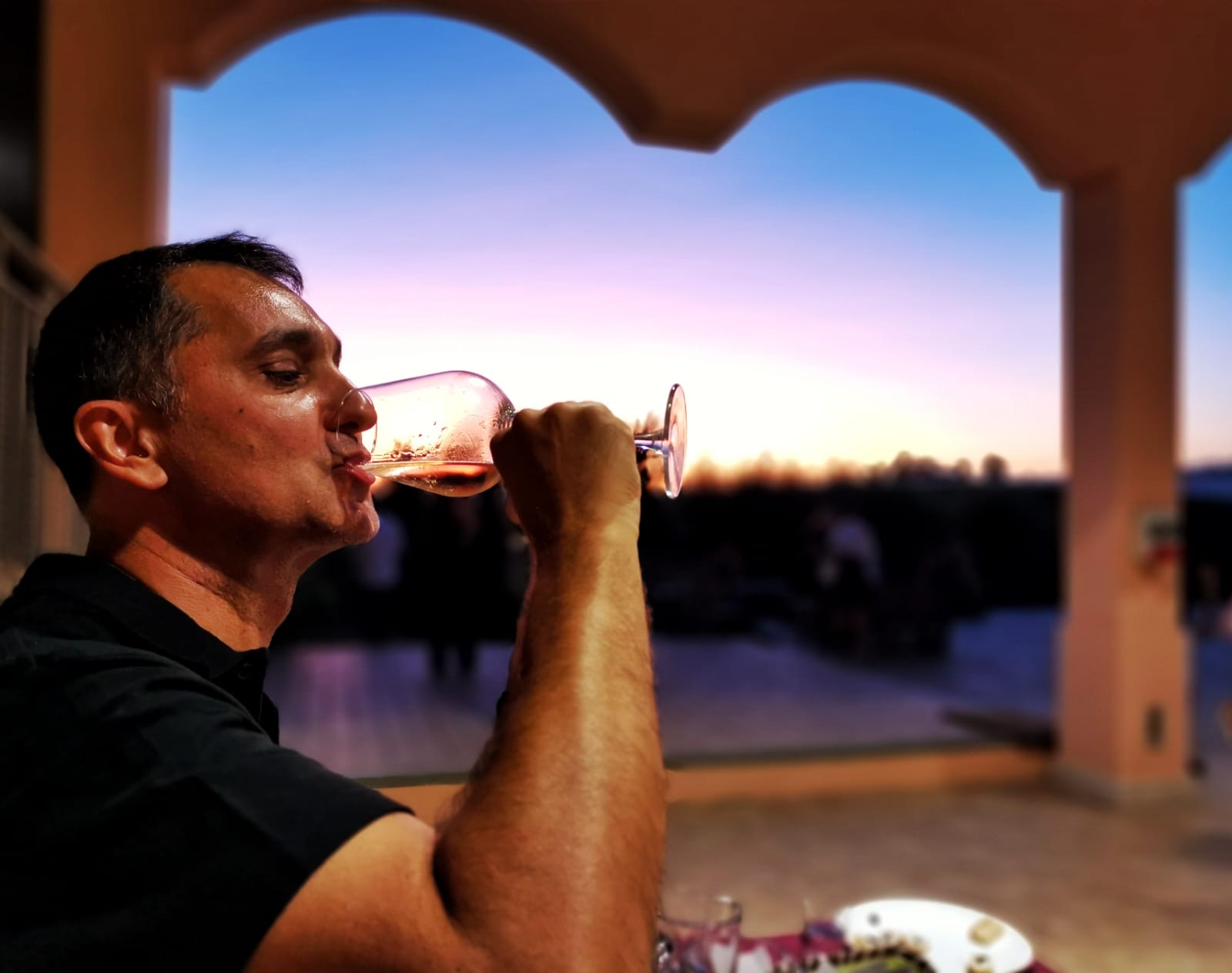
© Paolo Peira Enologo
How and when was your passion for wine born?
My grandfather produced wine in Piedmont, my father is an oenologist. Wine on our tables has never been lacking, so it seemed natural to me to develop a passion for this product and for the many ways in which it can be made. If we think about it, it is fascinating to have the skills to be able to transform a bunch of grapes, mostly odorless, into a drink as rich in aromas, flavors and great charm as wine.
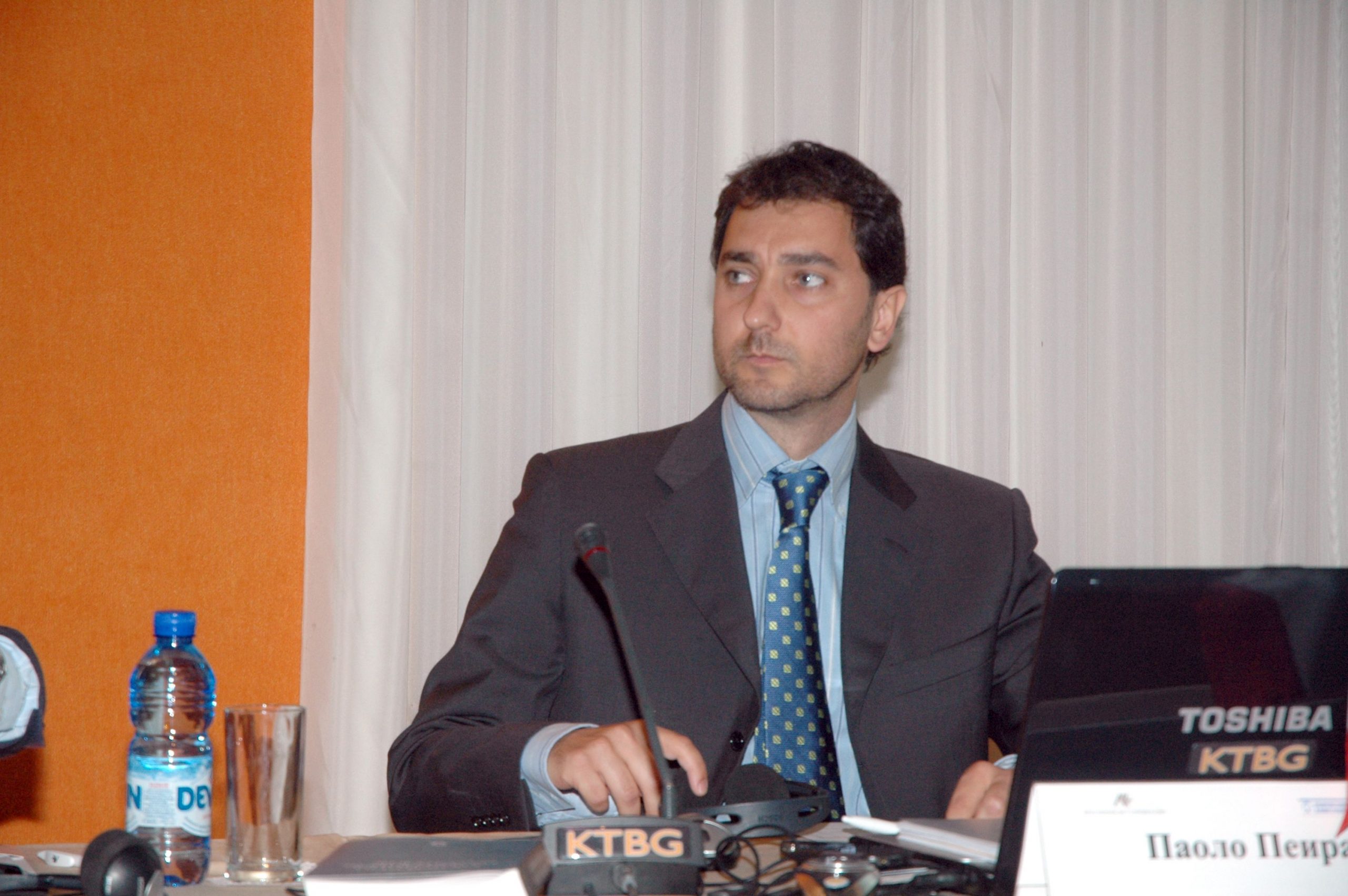
© Paolo Peira Enologo
When did you decide that the oenologist would become your profession?
I grew up at a time when the Faculties of Oenology in Italy did not yet exist, so I had to make my choice relatively early. After middle school, I studied at the oenological school of Alba and, although later I attended other schools, other universities, this first school experience was extremely formative and I had the confirmation already after the first months that the profession of the oenologist would have been the right way.
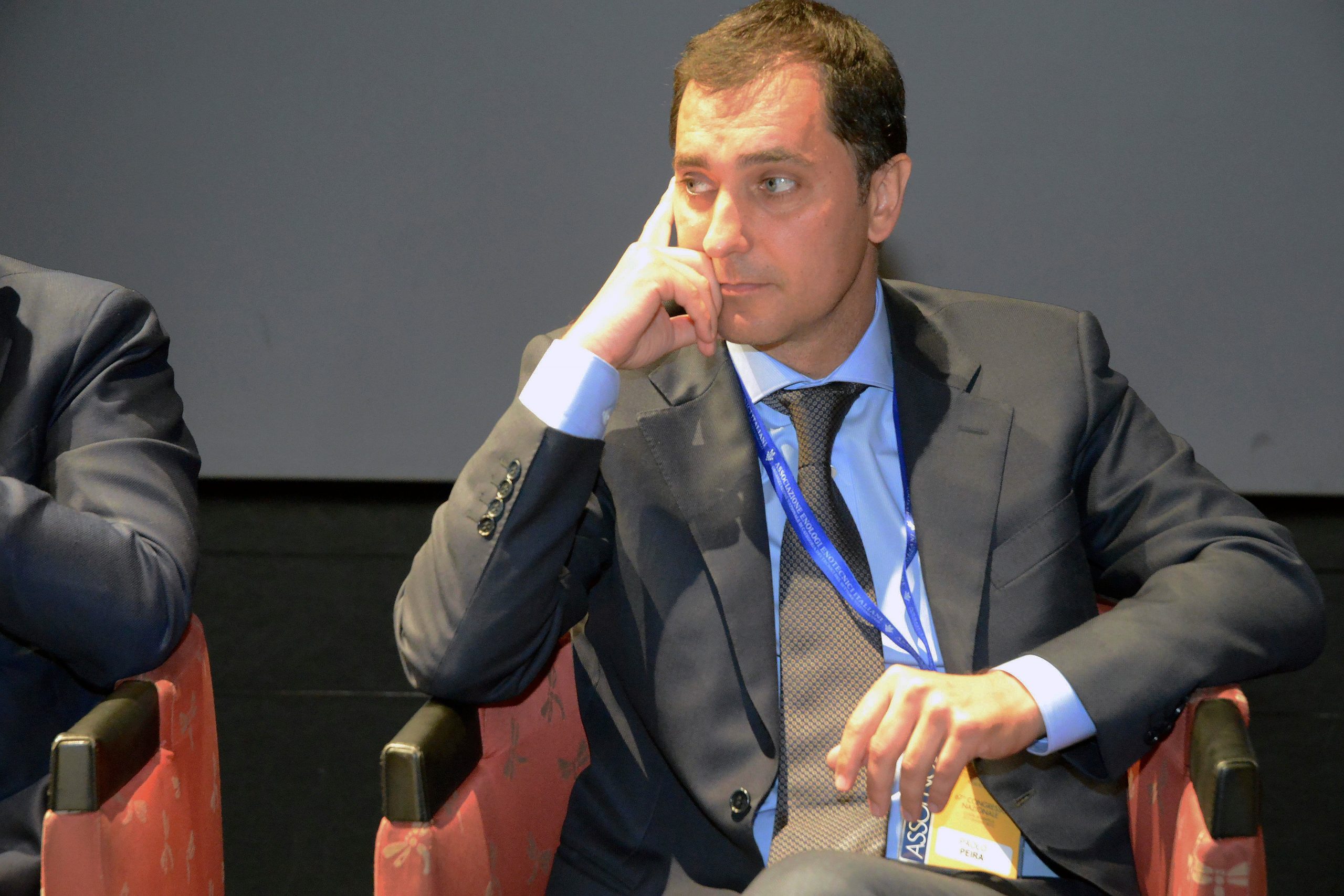
© Paolo Peira Enologo
How important is it for an oenologist to empathize with the people who take care of that vineyard?
We know well, and it is never superfluous to repeat it, that the first prerequisite for making quality wines consists in having healthy and ripe grapes. Even the best of oenologists cannot ignore working with a perfect raw material. This presupposes a direct connection with those who frequent the vineyard. It is not simply a professional who passes the baton to another professional, it is necessary to have a common, shared vision in management and objectives. When I can, I try to be present when agronomists come to visit the vineyards of my company because I know I can learn something. In the same way, I always invite the people who work with me to tastings of new wines, to share the results of the harvest that has just ended and get all the information for the future.

© Paolo Peira Enologo
In the collective imagination of wine lovers, therefore, non-professional, the sommelier is the best known figure within the “wine” chain while the oenologist works “behind the scenes”. How much, according to your experience, are the two figures (if they are), in opposition and how much, on the contrary, are they (if they are) complementary?
I believe that this statement is now outdated, even among wine lovers. In recent years, the winemaker has come out of the cellars’laboratories and is increasingly present on the market, among journalists, in presentations of new vintages, in restaurants talking to consumers. It is a road of no return and the winemaker of the future will increasingly be a communicator of their wines, as well as a competent producer. When I find myself in these contexts and tell the job of an oenologist, I always see in people’s eyes a certain envy and fascination for our work. I do not think, however, that the two figures are in opposition, I have always thought that the Sommelier was the professional of the service while the Oenologist was the professional of the production.
Pandemic and state of health of the wine sector (Italian and International), what can your current experience tell you?
Italian wine has a history, a charm and, of course, it will have a future even after this particular moment. Companies with great market penetration have been able to cope with these months by using all the tools that are now available. Our markets are the whole world, the pandemic did not reach all markets at the same time, so the different countries, albeit alternately, continued to buy our products.
The winemaker is also a controversial figure, acclaimed by most and criticized by others. You are accused of “creating” wines that must meet the canons of the guides, in short, please everyone. Fantasies, or is there, in some cases, a basis of truth?
It would be unfair and unfair to generalize an entire category. Each of us has his own sensitivity and works on the basis of his own needs, needs, virtues. Obviously, although wines are produced with the aim of selling them, this does not mean satisfying the canons of the guides but satisfying the consumer’s canons, as well as their own.
One of your merits and flaws, professionally speaking.
I would like to have the virtues of great wines: intense, complex, balanced, and not too astringent. Jokes aside, I believe I am a reasonable oenologist, substantially balanced and willing to dialogue, but also concrete and without frills. The flaw is perhaps that of not knowing how to delegate, with the result of having to work twice as much.


